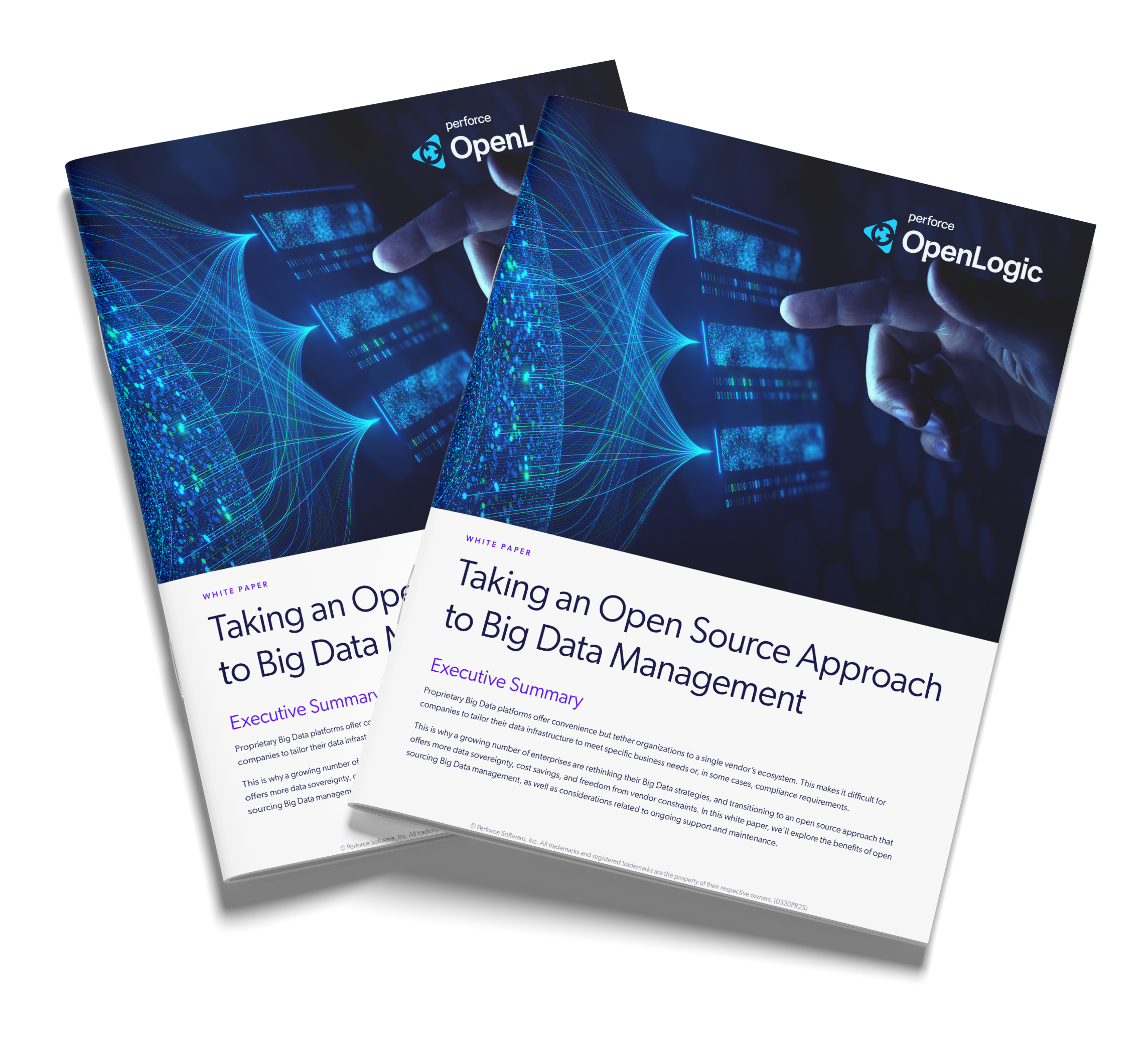Introduction
In today’s data-driven world, organizations are generating and collecting more information than ever before — from customer interactions and IoT sensors to financial transactions and social media activity. Harnessing that data for insight and innovation requires technologies built to handle massive scale and complexity. That’s where Big Data frameworks like Apache Hadoop come in. Hadoop provides a distributed, fault-tolerant way to store and process large datasets across clusters of commodity hardware, enabling teams to analyze data efficiently and cost-effectively.
In this guide, you'll find articles, videos, and case studies that cover the fundamentals of Hadoop and Big Data — the key components of the ecosystem, as well as strategies and best practices enterprises can use to unlock value from their data at scale.
Apache Hadoop and Big Data Overview
Big Data refers to the massive volumes of structured and unstructured data that organizations collect. To manage the three Vs of Big Data—variety, volume, and velocity—requires advanced tools and a strategic approach.
Apache Hadoop is a foundational open source framework that enables the distributed processing of large datasets in both on-prem and hybrid environments. Hadoop was first released in 2006 and while it’s not a new technology, it remains a cost-effective and powerful solution for large-scale data storage and analysis. Hadoop also integrates with more modern tools and processing engines like Spark and Hive, so it remains relevant in the Big Data landscape, particularly for companies that have not fully migrated their data infrastructure to the cloud.
Because Big Data technologies like Hadoop are notoriously complex, many companies have invested in proprietary, subscription-based solutions like the Cloudera Data Platform (also known as Cloudera Distribution of Hadoop, or CDH) to outsource technical support and maintenance. However, the Hadoop ecosystem has evolved to the point where it is now possible for organizations to deploy open source Hadoop and either manage it internally or with support from a provider like OpenLogic.
Reassessing Your Big Data Strategy
Open Source Big Data Infrastructure: Key Technologies
Is It Time to Open Source Your Big Data Management?
Apache Hadoop is the open source technology running behind many commercial data platforms offered by cloud-hosting and managed services providers. However, giving a third party complete control of your Big Data stack can result in unpredictable expenses and limitations on tooling due to vendor lock-in. Many organizations are now seeking open source alternatives that will give them more flexibility while keeping their deployment costs low.
Using Hadoop: Administration, Security, Monitoring, Performance
Effectively managing a Hadoop ecosystem is critical for ensuring its performance, reliability, and security. This involves a range of complex tasks, from initial cluster setup and resource configuration to ongoing monitoring and security hardening. In this section, read articles authored by OpenLogic experts with best practices and actionable insights to simplify these challenges.
Hadoop Administration
Hadoop administration involves the end-to-end management of your cluster. Learn the best practices for setup, configuration, and maintenance to ensure high availability and optimal performance.
Cracking the Complexity of Hadoop Administration
A Second Wind for Apache Ambari
Ambari vs. Cloudera Manager
Hadoop Security
Protecting your data is paramount. A layered security approach for Hadoop includes robust authentication with Kerberos, authorization through tools like Apache Ranger, and data encryption.
Hadoop Monitoring
Proactive monitoring provides real-time visibility into your cluster's health, helping to identify bottlenecks and prevent failures before they impact operations. Discover the key metrics and tools for effective Hadoop observability.
Hadoop Performance
Optimizing Hadoop performance can significantly reduce processing times and lower operational costs. Learn proven strategies for configuration tuning, architectural adjustments, and JVM memory management.
Taking an Open Source Approach to Big Data Management
Most commercial Big Data platforms are built from open source software, but come with added constraints, higher costs, and less choice. Open sourcing your Big Data infrastructure enables you to deploy the same advanced technologies, including Apache Hadoop, Apache Airflow, and Apache Ranger, without the middleman.
Highlights of the white paper include:
- Comparisons between proprietary and modern open source Big Data stacks
- Assessment of the advantages and drawbacks of migrating to the public cloud
- Insights into navigating the transition from commercial platforms to open source technologies with minimal disruption

How Catalina Modernized Its Hadoop Big Data Stack
Catalina, a global leader in CPG marketing, processes terabytes of data to generate real-time, personalized offers for shoppers. Facing performance challenges with their legacy Hadoop infrastructure, Catalina partnered with OpenLogic to modernize their Big Data stack.
By implementing configuration tuning best practices and developing a strategic roadmap for adopting new open source technologies, OpenLogic helped Catalina improve CPU utilization, reduce outages, and enhance overall cluster stability. This collaboration provided immediate performance gains and gave Catalina the confidence to continue scaling its data operations.
Hadoop Alternatives
While Hadoop is a cornerstone of Big Data, the landscape is always evolving. Technologies like Apache Spark offer real-time data processing capabilities that can complement or serve as an alternative to Hadoop's batch-processing model. Understanding the differences is key to building the right data strategy.
For organizations considering their options, it's also important to compare the fully open source Apache Hadoop with commercial distributions like Cloudera, which bundle proprietary management tools but are much more expensive.
Spark vs. Hadoop: Key Differences and Use Cases
Weighing the Value of Apache Hadoop vs. Cloudera
Get Expert Hadoop Support and Services
Managing a Big Data infrastructure requires deep technical expertise. If your team needs assistance with migrations, upgrades, or ongoing administration, OpenLogic is here to help. Our enterprise architects provide SLA-backed technical support for Hadoop and other Big Data technologies, helping you reduce costs and optimize performance.